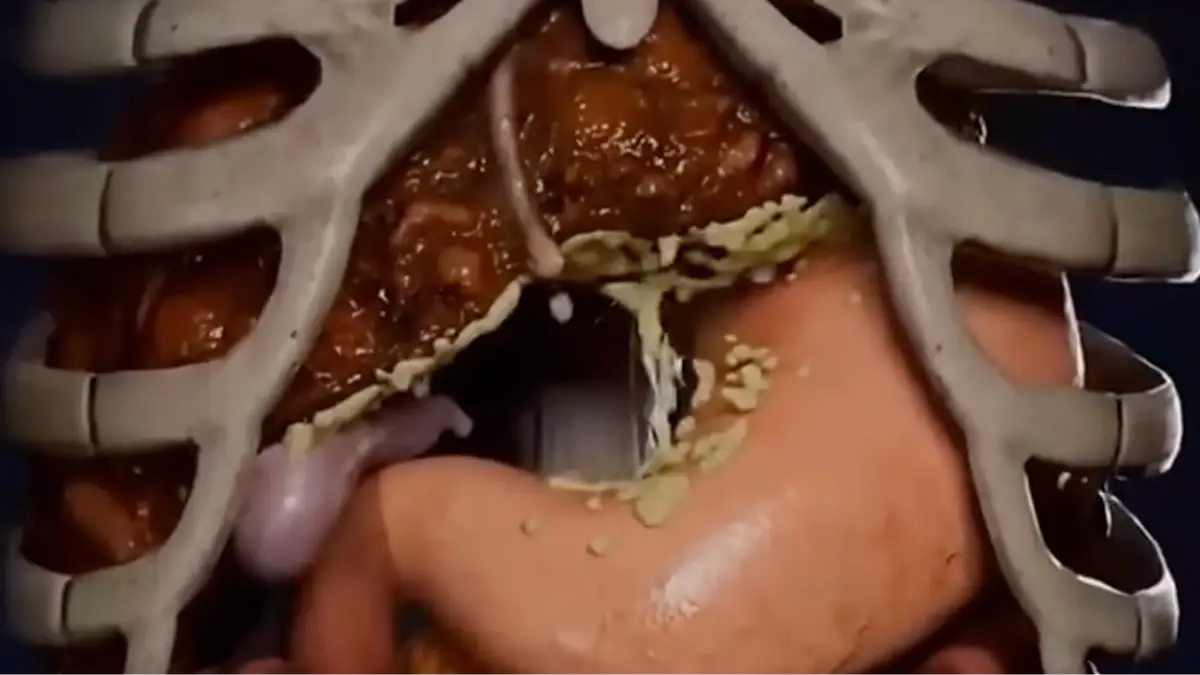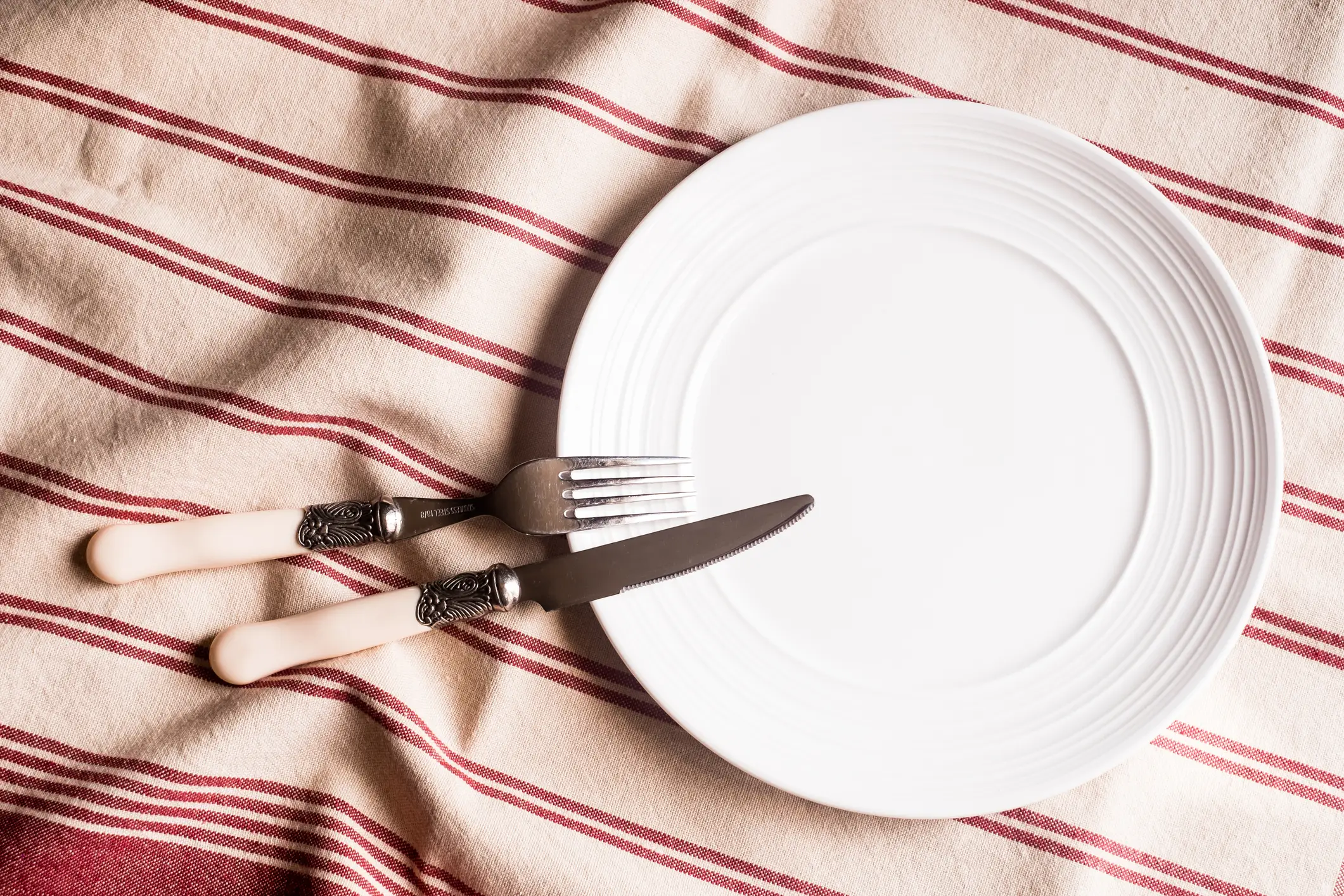
An expert has issued a warning over dry fasting and why it's best to avoid it if possible.
Fasting refers to refraining from eating for a set period of time, but recently, more and more people have been opting to 'dry fast' which means no food or liquids of any kind, not even water.
There are some reported health benefits, including reduced inflammation, increased skin health and weight loss, however research into these is somewhat limited.
While people decide to fast for various reasons, including religious observances, to promote weight loss, and even to improve cognitive function, some experts have spoken out on 'dry fasting' and the associated dangers if it's practiced for too long.
Advert

Registered dietitian Julia Zumpano, spoke to Cleveland Clinic about dry fasting, explaining that if you're opting to dry fast as a means of improving your health, it may not be as effective as you think.
“There’s just not a lot of data on it,” she said.
“There are some studies with people who are following Ramadan fasts, but when it comes to the general public, there’s not a lot of good data.
"Dry fasting can lead to dehydration, kidney issues and cause other symptoms that aren’t worth the risk.
“With other forms of fasting, you can get the benefits of fasting without dehydrating yourselves."
But that's not all.

Zumpano explained that there are some concerning risks, adding: “Dry fasting can also cause, urinary, kidney and lungs issues, as well as nutritional deficiencies and eating disorders."
There are other symptoms, too, including fatigue; irritability; headaches; lack of focus; decreased urination and constipation.
A simulation has revealed what actually happens to your body during a 36-hour dry fast, and it's pretty alarming.
What happens to your body during a 36-hour fast?
Four hours
In a 55-second video, posted to YouTube by Wellness Wise on May 6, it’s revealed that after four hours of fasting, your body stops digesting food.
According to popular practitioner Doctor Kiltz, this is what is known as the ‘catabolic phase’.
On his website, he says this period is ‘characterized by the breakdown of larger molecules of stored energy into smaller energy molecules which are mobilized to fuel your cells’.
Eight hours
This is the time when sugar starts to drop in your blood and your body begins to use stored glycogen for energy instead of relying on new fuel coming in.
12 hours
After 12 hours, your body is depleted of glucose, causing your liver to start breaking down fat into fatty acids called ketones.
This process of turning ketones into food is known as ‘metabolic switching’ and, according to the BBC, is the reason why fasting can lead to weight loss.
16 hours
A cellular process known as autophagy takes place after 16 hours of going without food.
As per the Cleveland Clinic, this allows a cell to disassemble its junk parts and repurpose the salvageable bits and pieces into new, usable cell parts.
24 hours
A full day without food is a pretty long time for most, but this 24-hour mark is where major cellular repair takes place in the human body.
According to the YouTube video, which has been viewed more than eight million times, your body is fully in fat-burning mode, reducing inflammation and improving insulin sensitivity.
30 hours
The growth hormone spikes 30 hours after fasting, which reportedly helps to preserve muscle and promote fat loss.
36 hours
If you fast for 36 hours then you’ve reached the stage of maximum autophagy where your body allegedly regenerates tissues and boosts your metabolism.
Topics: Health, Food and Drink
